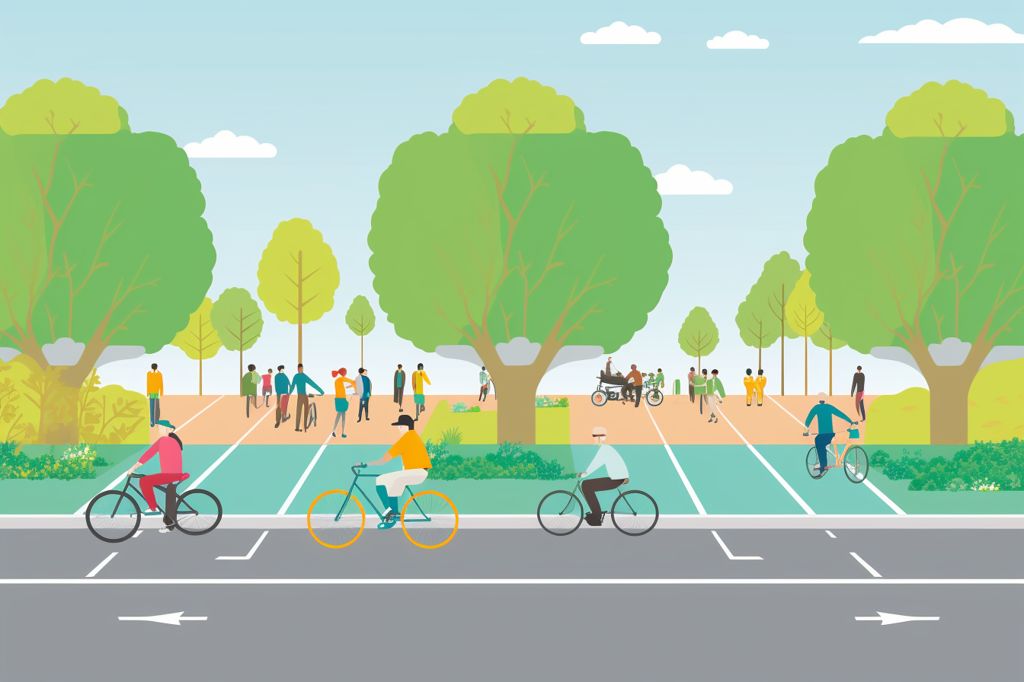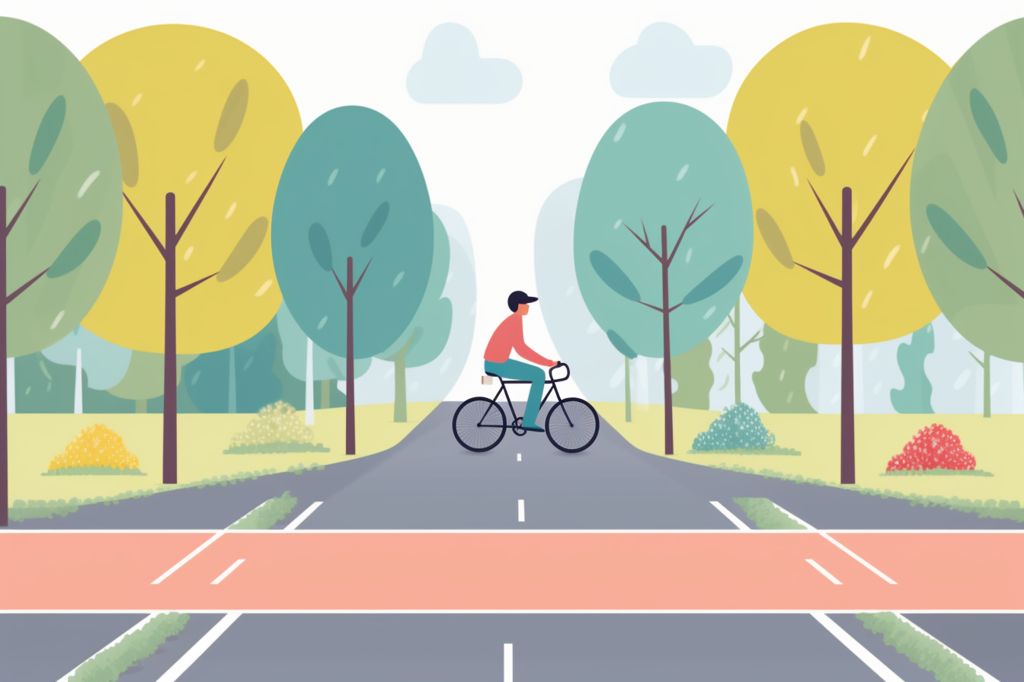The City’s Urban Mobility Directorate has introduced a proposal to construct universally accessible walking and cycle lanes in Heideveld. The initiative aims to create a safer environment for pedestrians, cyclists, wheelchair users, people with prams, and school children. To ensure that the implemented improvements cater to the community’s specific needs, the Directorate encourages Heideveld residents and affected parties to provide their feedback.
Non-Motorised Transport Network Expansion
Part of the City’s ongoing effort to expand the non-motorised transport (NMT) network, the proposed infrastructure is expected to significantly enhance road safety for both pedestrians and cyclists. To create safer and more accessible NMT spaces, numerous programmes are already underway. The City’s Urban Mobility Directorate aims to engage the Heideveld community in shaping the NMT network expansion.
Proposed Walking and Cycle Lanes
The walking and cycle lanes are planned to be constructed along several roads and streets in Heideveld:
- 4th Avenue
- 5th Street
- Klipfontein Road
- Falcon Road
- Zenith Road
- Heideveld Road
Community Input
Councillor Rob Quintas, the City’s Mayoral Committee Member for Urban Mobility, emphasises the importance of community input in shaping the NMT network expansion. The proposed enhancements include footways, cycleways, signage, and intersection improvements that are universally accessible, contributing to better safety and access for all.
Submit Your Comments and Recommendations
Residents and affected parties have until Wednesday, 5th July 2023, to submit their comments and recommendations via multiple channels:
- Email: Transport.News@capetown.gov.za
- Online: www.capetown.gov.za/haveyoursay
- Written submissions can be sent to:
- Public Participation Unit, 3rd Floor Podium Block, Civic Centre, 12 Hertzog Boulevard, Cape Town, 8001
- Subcouncil 14, Fezeka Building cnr NY1 and Lansdowne Road Gugulethu 7750
Submissions can also be made at the Heideveld public library, located at the corner of Heideveld and Hogsback Road, Heideveld. For additional information or inquiries, residents can call the City of Cape Town’s Call Centre on 0860 103 089.
Shape the Future of Heideveld
The Heideveld community has been presented with a unique opportunity to shape the future of their neighborhood’s safety and accessibility. By actively participating in the decision-making process, residents can ensure that the proposed walking and cycle lanes meet their expectations and contribute to creating a more inclusive and sustainable urban environment.









